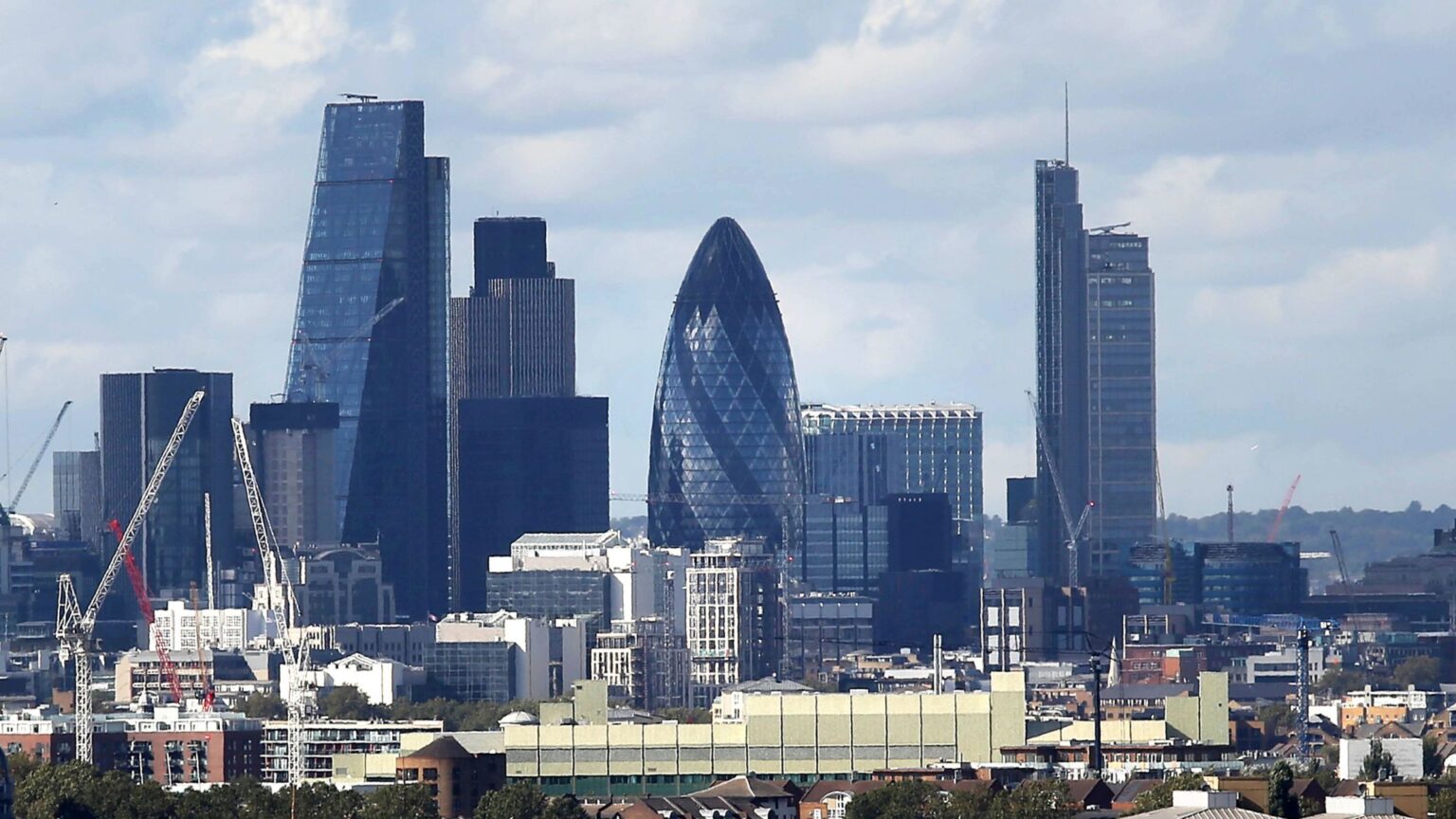Business groups have broadly welcomed Jeremy Corbyn’s backing for a customs union with the EU after Brexit – but remain sceptical about the Labour leader’s wider agenda.
The CBI said Mr Corbyn’s position put “jobs and living standards first”, though it remains troubled by the prospect of the nationalisation of key industries should Mr Corbyn enter Downing Street.
Other private sector organisations also welcomed – with their own caveats – Mr Corbyn’s pledge to negotiate a “new and strong relationship with the single market that includes full tariff-free access”.
The position outlined by the Labour leader piles pressure on Theresa May as she faces a potential rebellion from members of her own party who oppose her commitment to leaving the union.
It also earned a sharp response from former Chancellor George Osborne, now editor of the Evening Standard newspaper, who lamented that Mr Corbyn had been gifted an “open goal” by the Tories.
The Labour leader’s call, in a speech on Monday, for a “bespoke” arrangement with the EU granting exemptions to the UK in a number of areas could still fall flat in Brussels – after the Government’s own position was derided as “pure illusion”.
But his stance chimed with fears from business about the implications for the kind of smooth and “frictionless” trading currently enjoyed with Europe after Britain leaves the EU.
CBI director-general Carolyn Fairbairn said: “The Labour leader’s commitment to a customs union will put jobs and living standards first by remaining in a close economic relationship with the EU.
“It will help grow trade without accepting freedom of movement or payments to the EU.
“Many thousands of ambitious UK firms are looking to break into new markets.
“These companies need Government to focus on making access to markets simpler, not putting up barriers to our most important trading partner.
“Importantly, a customs union will go part of the way to providing a real-world solution to the Irish border question that is of such urgent concern to the people and firms of Northern Ireland.”
She added: “But businesses have their eyes wide open on Labour’s overall rhetoric on re-nationalisation.
“If Labour turns its back on good collaboration between the Government and the private sector – putting vital sectors solely in the hands of politicians – public services, infrastructure and taxpayers will ultimately pay the price.”
Stephen Martin, director general of the Institute of Directors said: “Many businesses, particularly manufacturers, will be pleased to hear the opposition’s proposal to keep a customs union on the table.
“It was important to see Jeremy Corbyn putting emphasis on the complexity of cross-border ‘just-in-time’ supply chains that could face significant new costs and barriers without one. ”
But he added that there remained “many unanswered questions” from both Labour and the Conservatives, making it hard for business to plan.
Adam Marshall, Director General of the British Chambers of Commerce (BCC), said: “Jeremy Corbyn’s position on the customs union, like the Government’s, feels more political than practical for business.
“The priority must be to delve far more into the detail and negotiate a pragmatic deal on both customs and regulatory recognition that allows businesses to get their goods across borders as quickly as possible.”
Liam Fox, the International Trade Secretary, described Mr Corbyn’s speech as “a cynical attempt by Labour to try and frustrate the Brexit process and play politics with our country’s future”.


